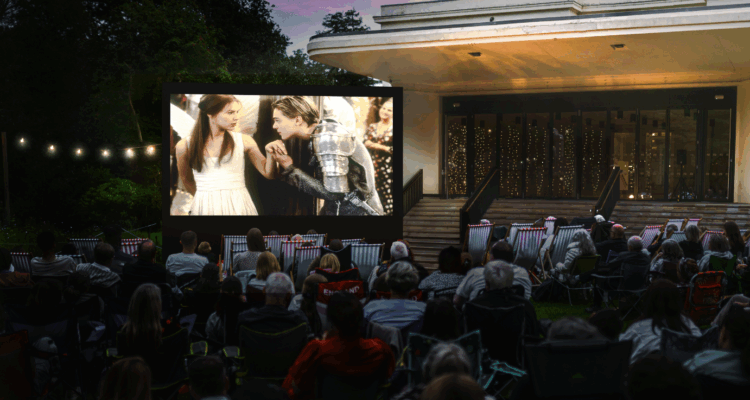HEROES books aim to rescue reading for boys
The suggestion has long been made that there is a distinct gender divide when it comes to reading, most significantly between boys and girls of school age - the crucial time when the foundations for lifelong reading habits are made. As well as attaining higher levels of reading in an academic sense, it is thought that girls are more likely to regularly read for pleasure outside of the classroom with nearly half of girls reading for at least thirty minutes a day compared to less than a third of boys (Source: Girls and Boys - The Gender Reading Gap; The Literacy Company).
Now new research has indicated that a growing number of boys are 'reluctant readers', rapidly losing passion for reading, being put off by the classics of English literature and finding that the longer a book is, the more unappealing it becomes. The publishers Pearson carried out a study in secondary schools across the UK which has found that on a national level, 60% of all reluctant readers are boys. Out of 500 teachers surveyed, 57% expressed concern about the high number of boys who were reluctant to read in classes.
An especially important finding in the research was pinpointing exactly where it is in reading a book that boys begin to lose interest; overall, 70% of teachers have noticed that the attention span of boys had diminished drasticallyon average by the 100th page of a book. However, nearly a quarter of teachers report that engagement with a book can be lost for boys as soon as within the first few pages - and such dramatic disengagement amongst boys is felt most accurately in the North West. It was also pointed out that longer books - over 200 pages in length - are a particular stumbling block; three in ten teachers noted that boys switched off before even starting a book of such length, whereas only 3% stated that this was the case with girls, reinforcing the notion of a gender reading gap.
Further to research amongst teachers, over 260 boys aged between 11-13 also took part in the study. One in five said they thought that reading was primarily 'for girls', with the same number saying they prefer to read shorter books - of fewer than 100 pages. Yet, there are glimmers of hope amongst the worrying figures. Despite a signifcant erosion of engagement in reading, more than four in ten boys questioned said their ideal book would be longer than 200 pages - contradicting what their teachers said - and nearly half said they preferred reading books in full rather than just reading extracts. Such findings show that the spark of interest for reading is still there for boys, encouragingly; it is just a question of kindling that spark to grow larger.
In the hope of doing so, a series of completely new and original books designed especially for boys of the age range surveyed has been launched. HEROES has been put together with the assistance of Our Read author Frank Cottrell Boyce and the books in the series have been created with the aim of switching boys back on to reading, increasing their engagement with books as well as building their confidence around reading and improving their literacy skills. In order to help combat the issue of reluctant reading, the books incorporate things that boys identified as those that would make them more interested in reading - action, adventure, crime, horror and thrilling narrative - as well as being shorter to capture boys' attention.
Frank hopes that by reading the HEROES books, boys will renew their interest in reading away from school and will gradually begin to read longer stories, saying that boys must be started on shorter books intially if they are to become lifelong readers: "Nobody wants to run a marathon if they can’t run." As with all readers, the key aspect in switching on boys' attention is pleasure - and, as Frank says, pleasure can't be taught: it can only be shared. But the classroom is a good place to start to encourage boys - and girls - to continue their reading adventures elsewhere. "According to Unesco, the biggest single indicator of whether a child is going to thrive at school and in work is whether or not they read for pleasure. Our hope is that the stories in Heroes will be shared and enjoyed in the classroom by pupil and teacher alike because pleasure is the most powerful motivation."
Hear more from Frank about the HEROES series (and a little bit about his reworking of Chitty Chitty Bang Bang) in this video, broadcast on BBC Breakfast, 17th May 2011:
https://www.youtube.com/watch?v=NpMSrq52SZg
More information on the study about 'reluctant readers' in secondary schools can be read here.
Share
Related Articles

Storybarn Book of the Month: Saving the Butterfly
This month, as part of Refugee Week (16-22 June), we've been taking a look back at one of our favourites…

Open Air Cinema and Theatre FAQ’s
If you were able to snap up tickets to our Open Air programme this summer, check below for any queries…

New Liverpool open air cinema brings movies to the Mansion
NEW FOR 2025: Eight handpicked films will hit the big screen in Calderstones Park this summer as national Shared Reading…


